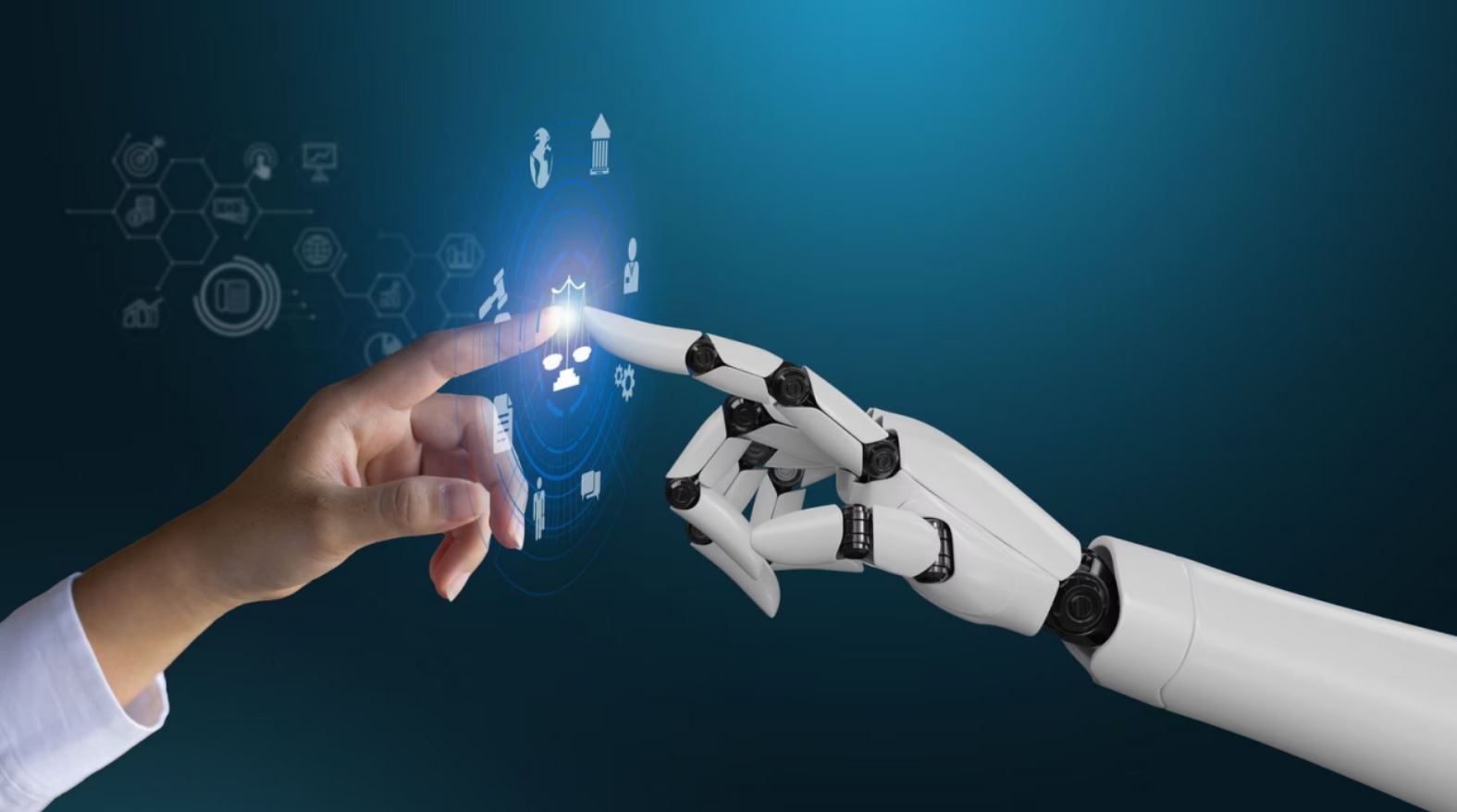 Artificial intelligence is becoming a bigger part of our everyday lives, changing how we work and interact with the world. From automating emails to taking over decisions that humans used to make, AI is everywhere. This makes us wonder about our place in this fast-changing landscape. By 2025, with political tensions increasing, it feels like we’re living in a science fiction story, acting out roles rather than writing our own scripts.
Artificial intelligence is becoming a bigger part of our everyday lives, changing how we work and interact with the world. From automating emails to taking over decisions that humans used to make, AI is everywhere. This makes us wonder about our place in this fast-changing landscape. By 2025, with political tensions increasing, it feels like we’re living in a science fiction story, acting out roles rather than writing our own scripts.
This constant blending of AI into our lives brings a risk called ‘agency decay,’ where our ability to make our own decisions slowly fades. It’s not about machines taking over in some dystopian future, but rather about keeping our ability to act with purpose. In the world of AI, maintaining control means using AI as a tool without becoming overly reliant on it.
Typically, our relationship with AI goes through four stages, each with its own set of challenges. Initially, we approach AI with curiosity but not much understanding. As we get more familiar, we start using AI in our daily tasks and enjoy its efficiency. But as we rely on it more, we risk becoming dependent, which can dull our critical thinking. Eventually, we might reach a point where functioning without AI seems impossible, and we lose our independence.
This shift from empowerment to dependence often sneaks up on us, showing up as cognitive offloading. While AI can make us more efficient, too much reliance can weaken our mental abilities. The secretive nature of AI’s decision-making and a drop in human oversight can also chip away at our trust.
To prevent agency decay, both individuals and organizations need to actively manage how they integrate AI. This means being aware of what AI can and can’t do, finding the right balance between human and machine intelligence, and accepting AI as a part of modern life while staying accountable for its use.








